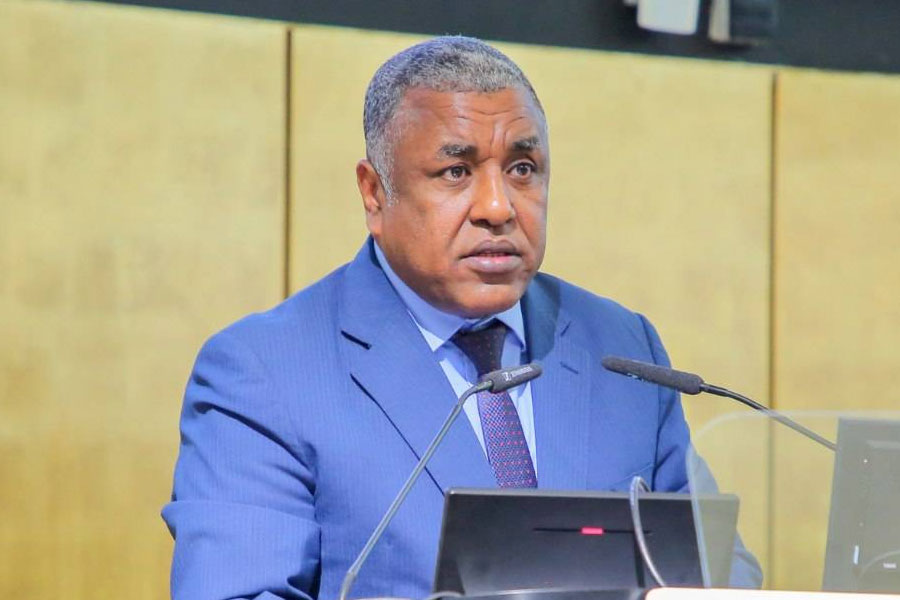
The Ministry of Agriculture has established the Rural Finance Service Unit (RFSU) to coordinate and expand agricultural insurance nationwide. Announced on Tuesday at the 2025 UNDP Financial Resilience in Agriculture Community of Practice forum (held at the UN Economic Commission for Africa headquarters), the RFSU is supported by UNDP, JICA, and other partners with funding from the Bill & Melinda Gates Foundation. Agriculture Minister Girma Amente (PhD) and State Minister Sofia Kassa attended the launch. The RFSU is hoped to adress critical gaps in Ethiopia's agricultural finance and insurance sector. Despite agriculture contributing 32pc of GDP it receives minimal financial support. Agricultural credit accounts for less than 10pc of total lending, with banks reluctant to engage and microfinance institutions shifting focus to urban areas, Getachew Mekone, unit head stated. Current credit provision falls drastically short of demand. In 2023/24, only 8pc of total bank loans (over one trillion Birr) went to agriculture, Microfinance institutions supplied 18pc of the sector's credit. Overall, disbursed credit met just 2pc of the estimated annual demand of 2.58 trillion Birr. The government aims to increase annual agricultural lending to 881 billion Br by 2030. According to Getachew limited credit access forces farmers to rely on low-input farming, reducing output. Similarly, agricultural insurance, vital for managing climate risks like floods, remains underdeveloped. Past insurance pilots by donors and private actors over two decades have failed to scale up, leaving farmers vulnerable to harvest losses and poverty. The RFSU will consolidate these disparate insurance initiatives and strengthen government involvement in market access, risk management tools, and institutional support.
[ssba-buttons]